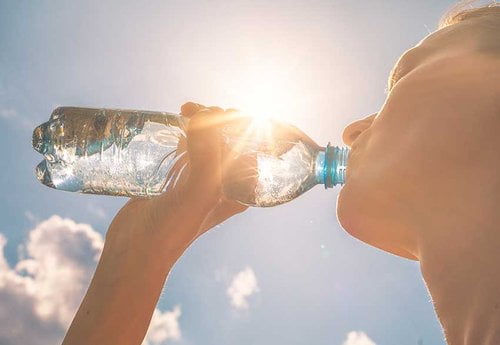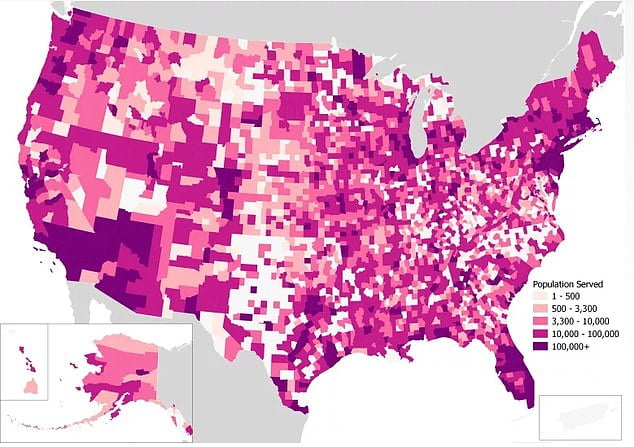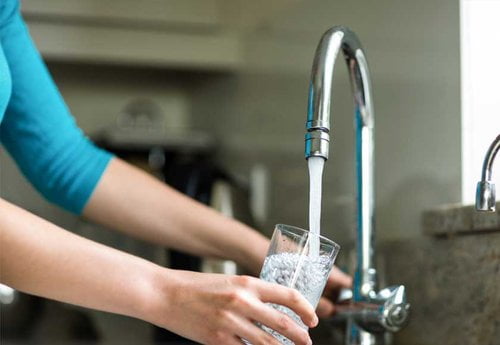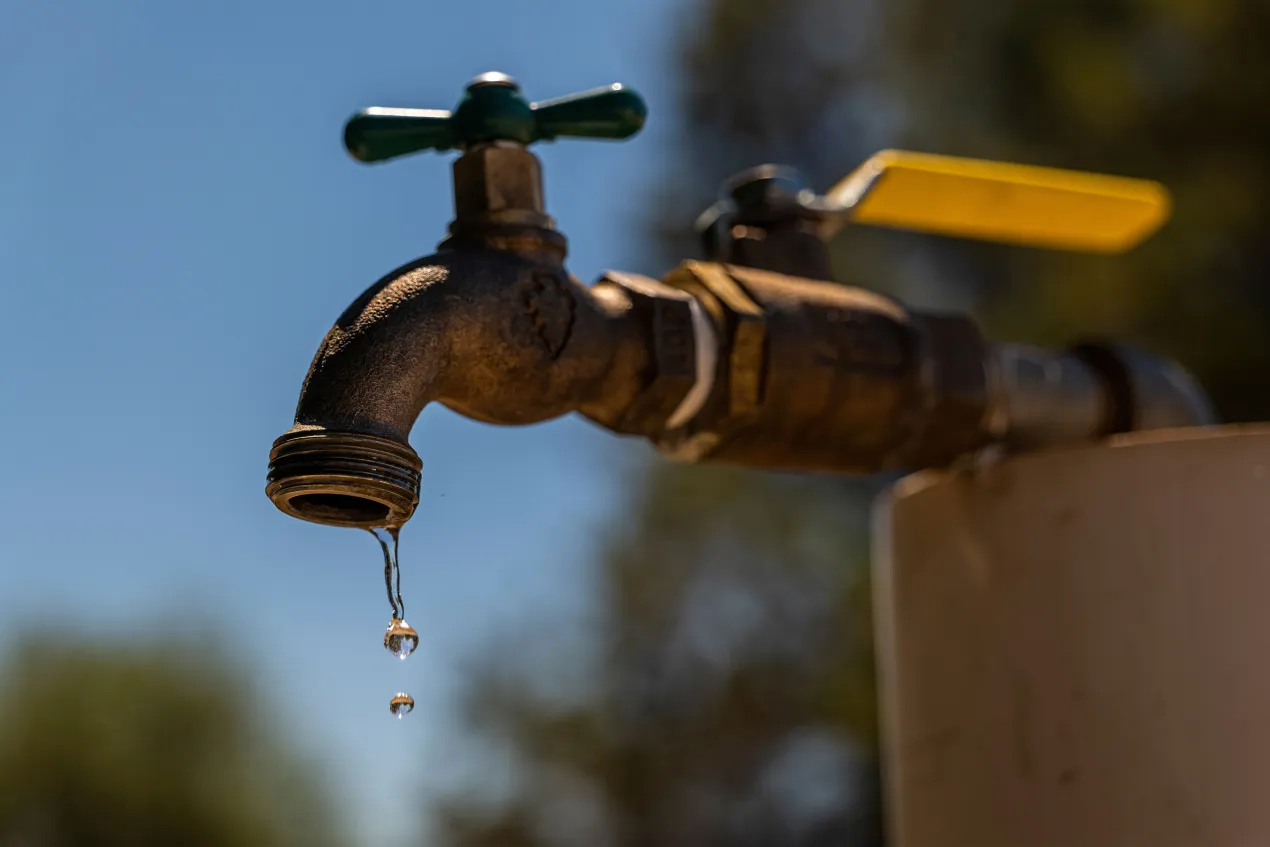It is important to add a softening system to your home if you live in an area with hard water. Hard water is water that contains a high concentration of minerals. Usually, this means that there is a high concentration of calcium, magnesium, copper, brass, and iron. These elements are absorbed by groundwater as they travel through the soil near your home. The excess minerals in this type of water will have detrimental effects on your plumbing system. As hard water travels through your pipes, fixtures, or shower heads, you may begin to notice a large buildup of scale in your water.
In homes with hard water, there are numerous negative effects that you will notice such as spots on clean dishes, soap scum in showers, clothes that look dingy after the laundry, bathroom fixtures left with white rings and soap that doesn’t lather. If hard water issues are not corrected, scale buildup will accumulate inside of pipes and continue to grow until pipes become clogged. As the pressure increases, a crack will begin to form. This will cause water to escape into other areas of the home prior to reaching the sink or fixture. Since a large quantity of water is being wasted due to the hard water buildup in pipes, you will begin to notice an increase in your water or utility bills.
To soften water before it reaches households, some cities or districts add chemicals to help soften the water however, many communities on city water still continue to deal with hard water effects. It becomes the responsibility of the homeowner to invest in a water softening system in an area where hard water continues to be an issue. A variety of home water softening systems are available including salt, reverse osmosis, ion exchanging, chemical, magnetic and electric softening systems. It is imperative to choose a water softening system that will work optimally with the specific water hardness in your area and meet any specific needs you might have.
Regarding water hardness and health, there are many conflicting claims. A few studies have found that hard water is associated with cardiovascular diseases however, The World Health Organization states that hardness is not associated with adverse health effects. To date, these studies have had insufficient data. There is little argument as to the benefit of a water softening system. Softened water produces a richer lather for smoother skin, silkier hair and cleaner clothes It also has an ecological benefit by reducing the amount of detergents and soaps needed for a cleaner and safer environment.
The cost of hard water can be extremely expensive when you have to continue replacing water using appliances and the high cost of replacing pipes. Installing a water softener is an expense, but you will save a lot of money by not having to repair or replace these items plus you get the added benefit of cleaner, safer water. The first step to getting a Water Softening System is to have your water tested by a trained professional.
Call Now and Schedule Your Free Water Test From Galene at (844) 942-5365





